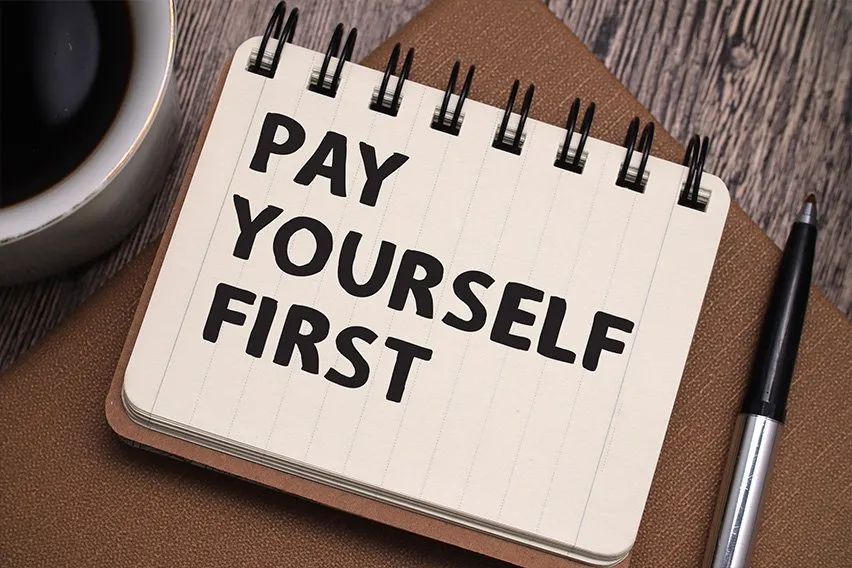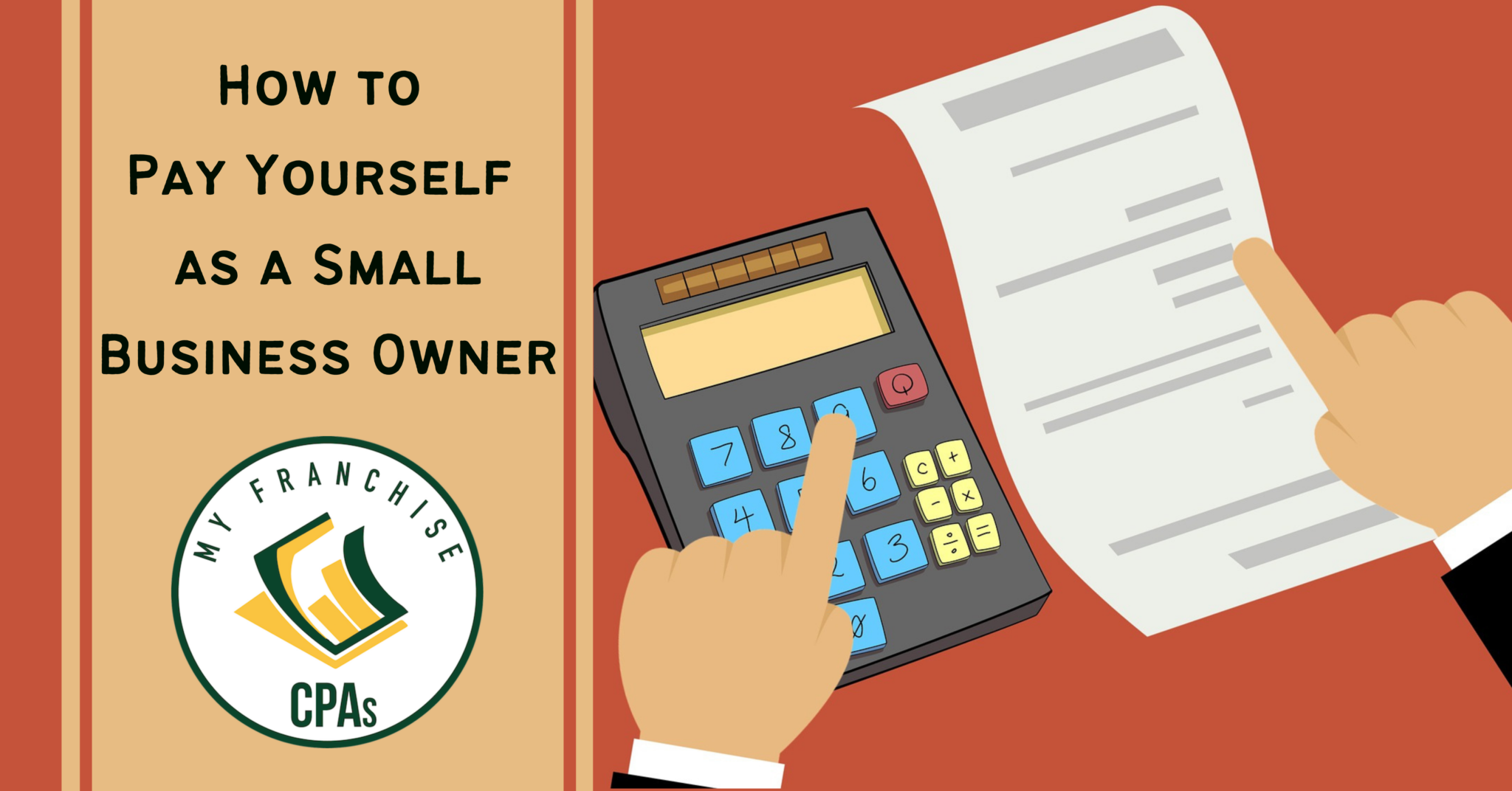Paying Yourself From Your Business

Small business owners face a critical decision: how to pay themselves. Neglecting this aspect can lead to financial instability and legal complications.
This article breaks down essential methods for owner compensation, ensuring compliance and optimizing personal finances. It covers salary, owner's draw, and strategies for S corporations, prioritizing clarity and immediate action for business owners.
Understanding Your Options
Several methods exist for paying yourself from your business. The best choice depends on your business structure: sole proprietorship, partnership, LLC, or S corporation.
Sole Proprietorship and Partnerships: The Owner's Draw
As a sole proprietor or partner, you typically take an owner's draw. This isn't a salary, but rather a withdrawal of profits from the business.
Draws are not subject to payroll taxes but are subject to self-employment tax (Social Security and Medicare). Track your draws meticulously for accurate tax reporting.
LLCs: Flexibility in Compensation
Limited Liability Companies (LLCs) offer flexibility. You can choose to be taxed as a sole proprietorship, partnership, or corporation.
If taxed as a sole proprietorship or partnership, you'll use the owner's draw. If taxed as an S corporation, a salary is required.
S Corporations: Salary and Distributions
S corporations require owners to pay themselves a reasonable salary. This is crucial for tax compliance.
The IRS scrutinizes S corp owner salaries to prevent underpayment of payroll taxes. Any remaining profits can be taken as shareholder distributions, which aren't subject to self-employment tax.
Determining a Reasonable Salary
What constitutes a reasonable salary? It's the amount you'd pay an unrelated employee for similar services.
Factors to consider include your role, experience, industry, and geographic location. Documenting your salary determination is essential.
Payroll and Tax Implications
When paying yourself a salary, you must withhold and remit payroll taxes. This includes federal income tax, Social Security, and Medicare taxes.
You'll also need to pay employer-side payroll taxes. Consult with a payroll provider or accountant to ensure compliance.
Financial Planning and Budgeting
Paying yourself consistently is crucial for personal financial planning. Set a budget and stick to it.
Regular payments allow for better management of personal expenses and investments. This reduces financial stress related to your business.
Tracking and Documentation
Meticulous record-keeping is essential. Document all payments to yourself, whether salary or draws.
Keep accurate records of payroll taxes withheld and remitted. This simplifies tax preparation and protects you from potential audits.
Legal and Compliance Considerations
Consult with legal and financial professionals. They can provide tailored advice based on your specific business structure and financial situation.
Ignoring compliance requirements can lead to penalties and legal issues. Proactive planning is key.
Avoiding Common Mistakes
Underpaying yourself to save on taxes is a risky strategy. The IRS may reclassify distributions as salary, resulting in back taxes and penalties.
Mixing personal and business funds can also create problems. Maintain separate bank accounts for your business and personal finances.
Next Steps: Immediate Action Required
Review your current compensation strategy immediately. Ensure it aligns with your business structure and complies with tax laws.
Schedule a consultation with an accountant or financial advisor. They can help you optimize your compensation plan and ensure long-term financial stability for both you and your business.
Don't delay – taking action now can save you time, money, and potential legal headaches in the future.


















